Our Mission to Protect the World’s Forests
We are working in 60+ countries to build sustainable, rural economies—a proven strategy to keep our forests standing.
Home / Issues / Forests & Biodiversity / Page 11
Forests are critical to every living thing on Earth. Not only do they give us clean air, shelter, and rain, they house 80 percent of the world’s terrestrial biodiversity. Alarmingly, humans have destroyed half of the world’s tropical forests and driven extinction rates up thousands of times higher than what is natural.
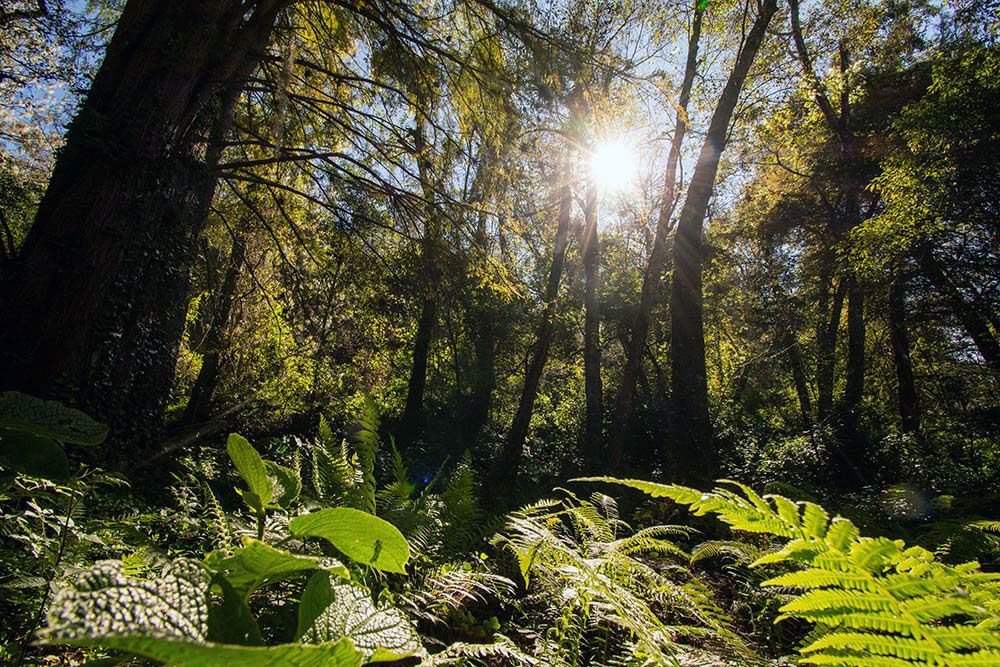
Forests are a powerful natural climate solution. As trees grow, they absorb and store carbon emissions, while releasing oxygen into the atmosphere. Conserving forests could cut an estimated 7 billion metric tons of carbon dioxide each year—the equivalent of getting rid of every car on the planet.
![]()
in the forest concessions of the Maya Biosphere Reserve, Guatemala*
In Guatemala’s Maya Biosphere Reserve, twelve community forestry concessions safeguard around 417,269 hectares of the largest and most important tropical forest north of the Amazon. These community-run concessions boast a near-zero deforestation rate—a remarkable feat given that adjacent areas suffer some of the highest deforestation rates in the Americas.
*Community forestry concessions in Guatemala’s Maya Biosphere Reserve have demonstrated a near-zero deforestation rate, since data collection began in 2000. Data accurate as of December 2019.
![]()
From 2020 through 2021, farmers we work with in the buffer zone of Indonesia’s Bukit Barisan Selatan National Park planted 45,000 trees in the area directly bordering the park. In addition, we identified 80 farms that sit in a wildlife corridor used by the critically endangered Sumatran elephant. We supported these farmers in planting species that suit the elephants’ diet.
*Data accurate as of December 2022
Together with forest and farming communities, Indigenous leaders, companies, governments, and global citizens, the Rainforest Alliance works in 58 countries to promote more sustainable land management practices while cultivating thriving rural economies—the most widely proven strategy to restore biodiversity and keep our tropical forests standing.
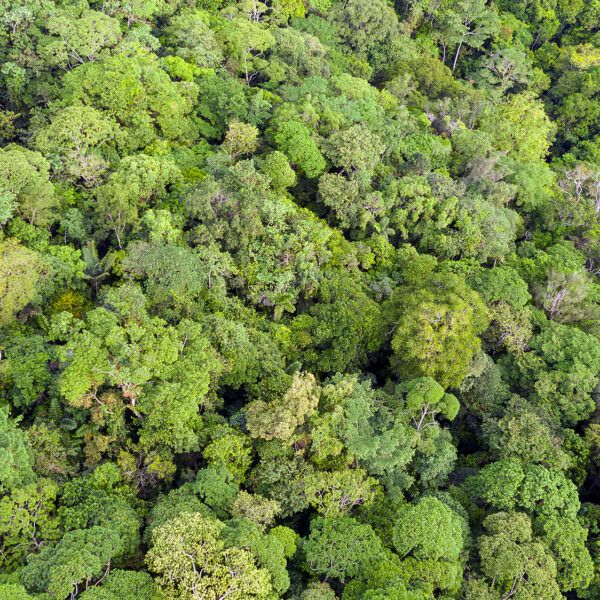
We are working in 60+ countries to build sustainable, rural economies—a proven strategy to keep our forests standing.
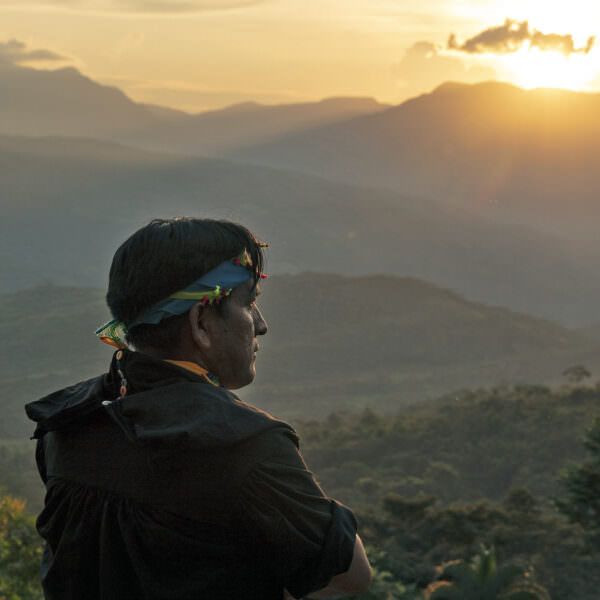
Indigenous peoples and local communities have an unsurpassed connection to the Earth's forests.
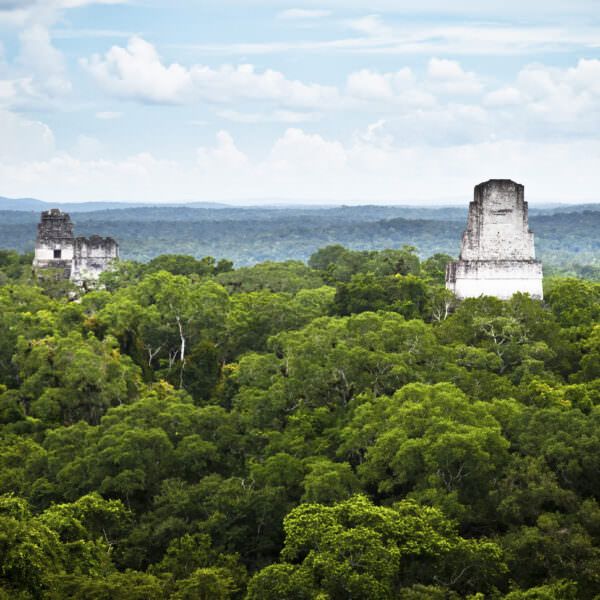
The forest concessions of the Maya Biosphere Reserve have boasted a near-zero deforestation rate for 20 years.
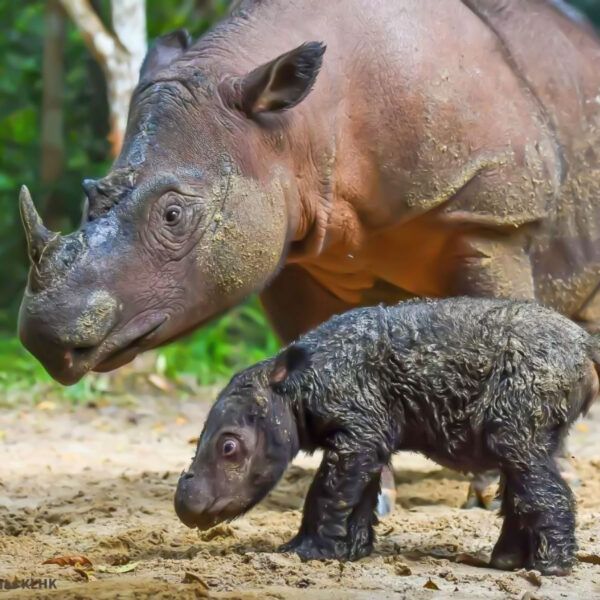
We're training coffee farmers in the Bukit Barisan Selatan National Park buffer zone to help them conserve biodiversity and improve their livelihoods.

The Rainforest Alliance, CDP, Clarmondial, Conservation International, and USAID announce a transformational public-private 'Business Case' partnership to reduce cocoa and other commodity-driven deforestation, and contribute to global climate and biodiversity goals.
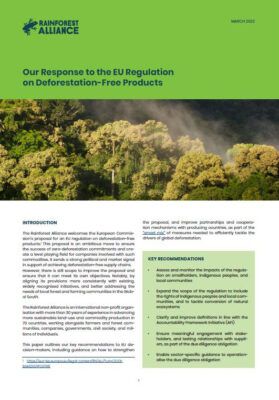
The Rainforest Alliance welcomes the European Commission’s proposal for an EU regulation on deforestation-free products. This proposal is an ambitious move to ensure the success of zero-deforestation commitments and create a level playing field for companies involved with such commodities. It sends a strong political and market signal in support of achieving deforestation-free supply chains. […]

This document is for Certification Bodies to register inconsistencies found in the field during the audit by comparing field observations and the risk assessment results provided by the Rainforest Alliance.
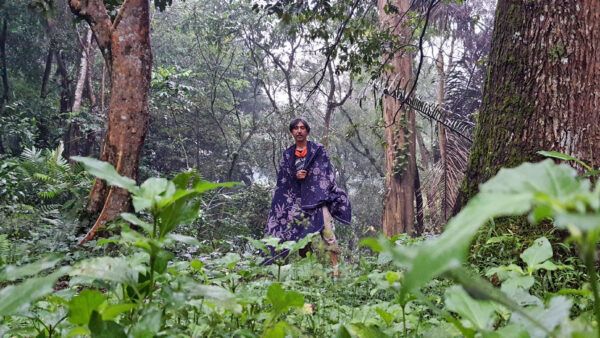
Reforestation is at the heart of Eko Purnomowidi's work at Klasik Beans, a Rainforest Alliance Certified coffee cooperative he co-founded in West Java, Indonesia.... Continue Reading
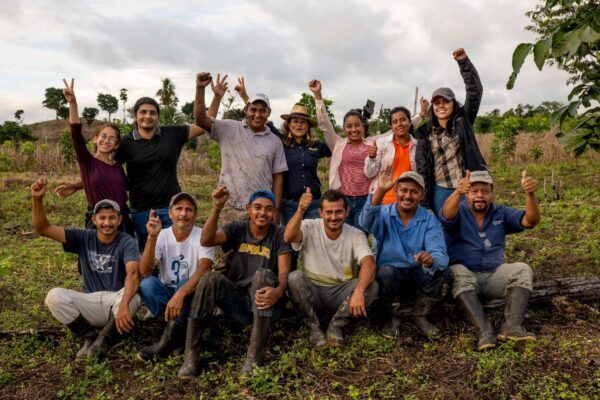
Advocacy complements the other main areas of our work by shaping policies and practices that will affect agriculture, forests, and business for years and decades to come.... Continue Reading

This tool has been developed by the Rainforest Alliance with support from IIED (Victor Milla, Duncan Macqueen) and field tested by the Rainforest Alliance in Indonesia, Guatemala and Cameroon, to implement community based monitoring in our community forest projects, in particular those supported by the Forest Allies initiative. It is based on the four pillars […]